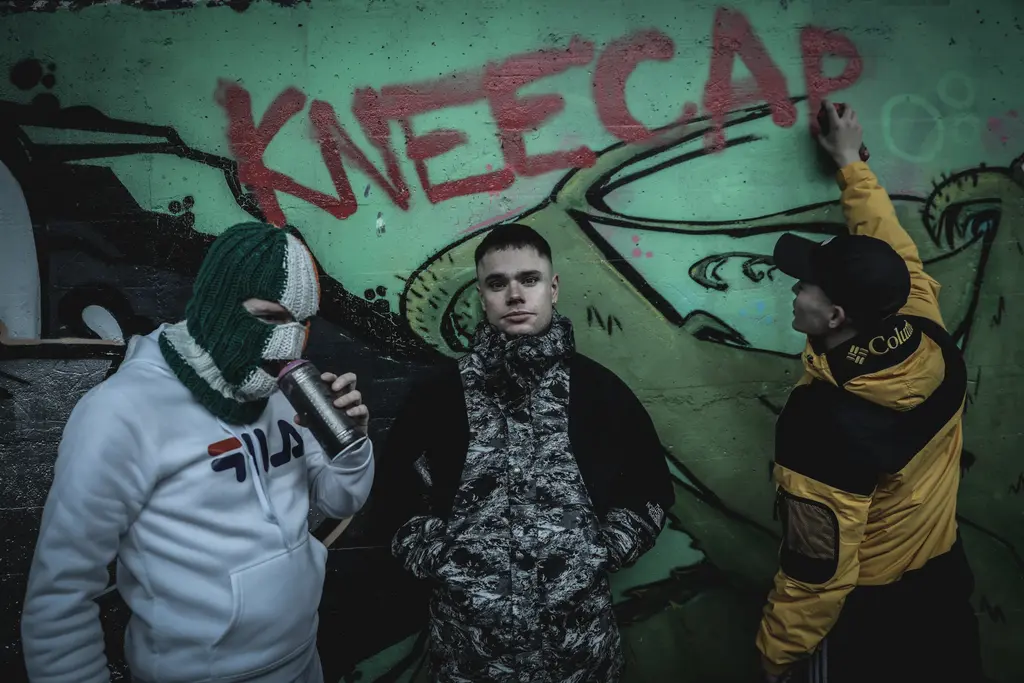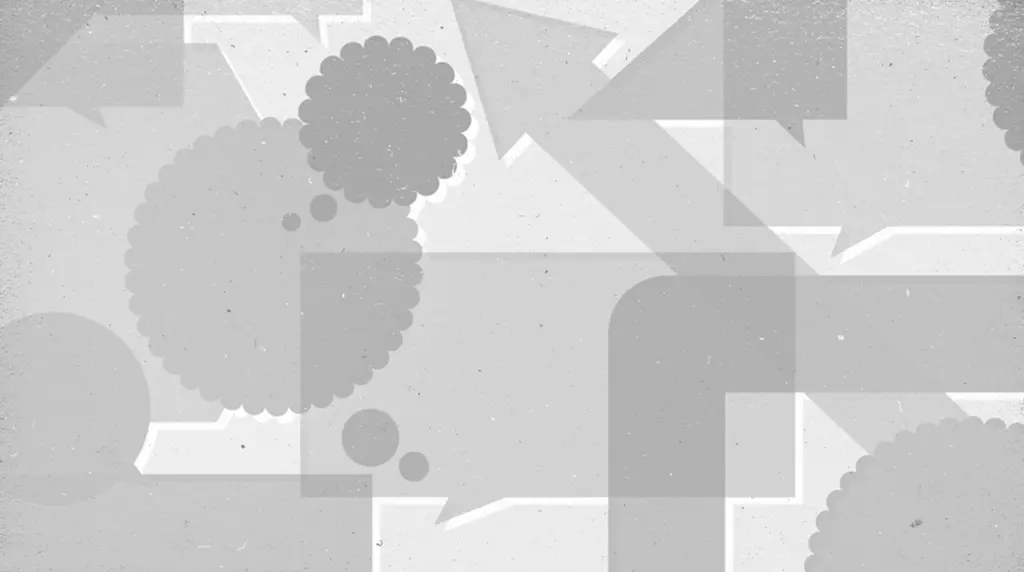‘The coronavirus is like a nightmare within a nightmare’
- Text by Rasha Kaloti

In December 2019, COVID-19 started its spread in Wuhan, China. By March 11, 2020, it was declared a pandemic by the WHO Director-General, and had spread to 114 countries. Today, there are more than two million confirmed cases globally and counting.
A common opinion among public health specialists, politicians and commentators suggests that this pandemic has made people equal by infecting individuals regardless of their financial status, position of power or geographical location. But does coronavirus really affect everyone equally?
A quick look at the facts will tell you that this pandemic is discriminatory. It exacerbates differences, vulnerability, and inequality – particularly in places like Palestine. Here are some of the reasons why.
Susceptibility to Infection
Susceptibility to infection is unequal among people, as the ability to practice basic preventative measures varies greatly depending on one’s location. How can Palestinians living in overpopulated areas practice social distancing?
There are approximately two million Palestinians living in the Gaza Strip, an open-air prison with 96 per cent undrinkable water, that has been under Israeli siege for 13 years. In 2012, the United Nations predicted that the area would be “unlivable by 2020”.
Meanwhile, the 19 refugee camps in the West Bank and East Jerusalem are overcrowded with more than 240,000 Palestinian residents, thanks to Israel’s debilitating building and property restrictions. In Jerusalem’s Old City, Palestinian families of multiple generations live in residences intended for single-family use, and in East Jerusalem building permits are severely restricted.
There are approximately 300,000 Palestinians – including Bedouin communities – living in so-called ‘Area C’. This area constitutes 60 per cent of the West Bank, and is where Israel retains complete military and civil control, restricting any form of construction and development by Palestinians. Over the past three years, Israel has rejected 98 per cent of Palestinian building permit requests in ‘Area C’.
This prevents Palestinians from accessing water facilities, which are discriminatorily expropriated by Israeli settlements illegal under international law, thus making it impossible for Palestinians to practice the most basic preventative hygiene measures.
Inequality of treatment
Israel’s occupation has also damaged the Palestinian health system, which may not be able to cope with the spread of COVID-19.
Israel’s continuous attacks on the Gaza Strip have resulted in the destruction of medical facilities and hospitals, in addition to the killing and injuring of civilians.
Since the Great March of Return protests in March 2018, there have been approximately 37,000 injuries reported in Gaza. This hugely burdens the few hospitals in the city, and it will be difficult to admit more COVID-19 cases if such assaults persist. The intentional and continuous electricity cuts by Israel will further impair hospitals’ abilities to respond to this pandemic.
The health system in the West Bank and Gaza is overstretched and suffers from shortages in medical staff, medications, medical equipment, testing kits and disinfectants. Such shortages would weaken any health system’s ability to effectively combat the coronavirus. In Gaza, it will be difficult to replenish these needs due to Israel’s blanket and arbitrary border closures.
Confronting challenges
While there is a high risk of coronavirus spreading rapidly in Palestine and leading to a catastrophe, so far a wide spread of coronavirus has been prevented.
As of April 16, there are 294 confirmed cases and two deaths from COVID-19 in the West Bank and Gaza Strip, in addition to 81 cases in East Jerusalem. This number is much lower than in Israel (12,500 confirmed cases and 130 deaths), as well as compared to many other countries in the Middle East and worldwide.
The Palestinian Authority’s quick response and decisive actions have contributed to the slow spread of the outbreak. Strict lockdown measures in Bethlehem followed by the rest of the West Bank were implemented early on.
Palestinian communities have been proactive in combating this pandemic by adhering to quarantine and lockdown measures, and taking the necessary precautions to prevent COVID-19 from spreading further. Additionally, Palestinians have been supporting each other by distributing food and money to those in need, and some factories in the West Bank and the Gaza Strip have started manufacturing face masks.
Palestinians know that a large-scale outbreak would be a nightmare within a nightmare, which is why their response has been positive and effective. The history of occupation and the hardships that come with it have taught Palestinians how to make tough decisions, react quickly and demonstrate solidarity with one another to overcome difficulties.
What we learn from COVID-19 is that it is exposing the power dynamics, inequalities and discriminatory measures by the occupier and the plight of the occupied. At the same time, the source of structural and deep-rooted discrimination has also contributed to instilling in Palestinians a sense of resoluteness in combating COVID-19, drawing on their community strength, unity and resistance.
Rasha Kaloti is a Palestinian public health specialist from Jerusalem. She has a Masters in Global Health and Development from UCL, and has worked in public health in Palestine and the UK. Rasha is the co-founder of the MENA Health Project – an online platform for sharing research articles and commentary on health issues in the Middle East and North Africa.
Enjoyed this article? Like Huck on Facebook or follow us on Twitter.
You might like

A reading of the names of children killed in Gaza lasts over 18 hours
Choose Love — The vigil was held outside of the UK’s Houses of Parliament, with the likes of Steve Coogan, Chris O’Dowd, Nadhia Sawalha and Misan Harriman taking part.
Written by: Isaac Muk

Bohemian FC is more than a football club
Carefree, wherever you may be — With rock star friends, a fierce commitment to Palestinian solidarity and their very own climate justice officer, north Dublin’s fan-owned team make their presence felt far beyond the pitch.
Written by: Tiernan Cannon

Analogue Appreciation: 47SOUL
Dualism — In an ever more digital, online world, we ask our favourite artists about their most cherished pieces of physical culture. Today, it’s Palestinian shamstep pioneers 47SOUL.
Written by: 47SOUL

Kneecap describe atrocities in Gaza as “medieval type slaughter” after breaking of ceasefire
Saoirse Don Phalaistín — The Irish rap trio took to X yesterday to criticise the “US-backed” Israeli authorities.
Written by: Isaac Muk

Gaza Biennale comes to London in ICA protest
Art and action — The global project, which presents the work of over 60 Palestinian artists, will be on view outside the art institution in protest of an exhibition funded by Bloomberg Philanthropies.
Written by: Cyna Mirzai

Stand Up Paddle Boarding
Screw It! — Miles Masterson vents his frustration as the stand up paddle boarding apocalypse sweeps his homebreak.
Written by: Miles Masterson

